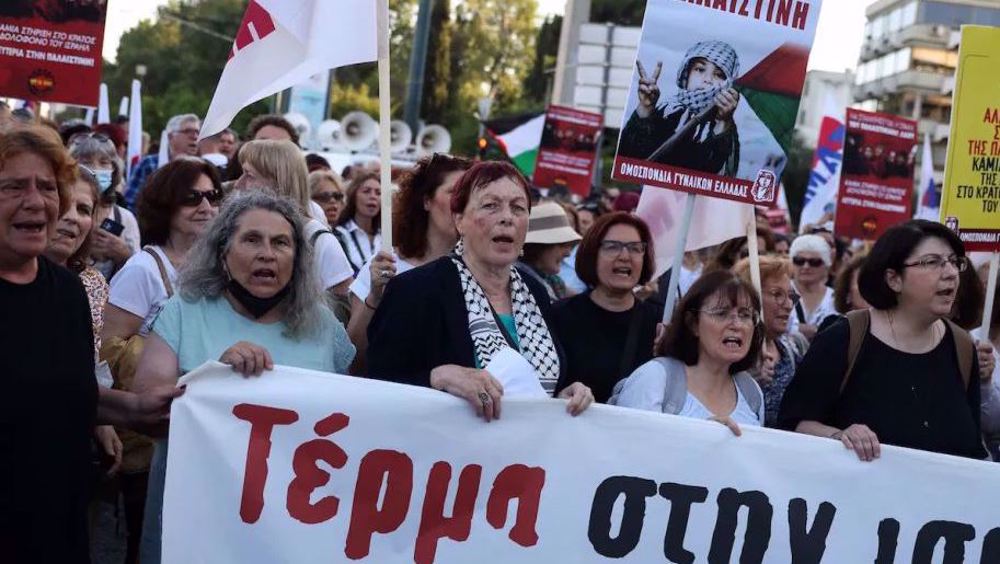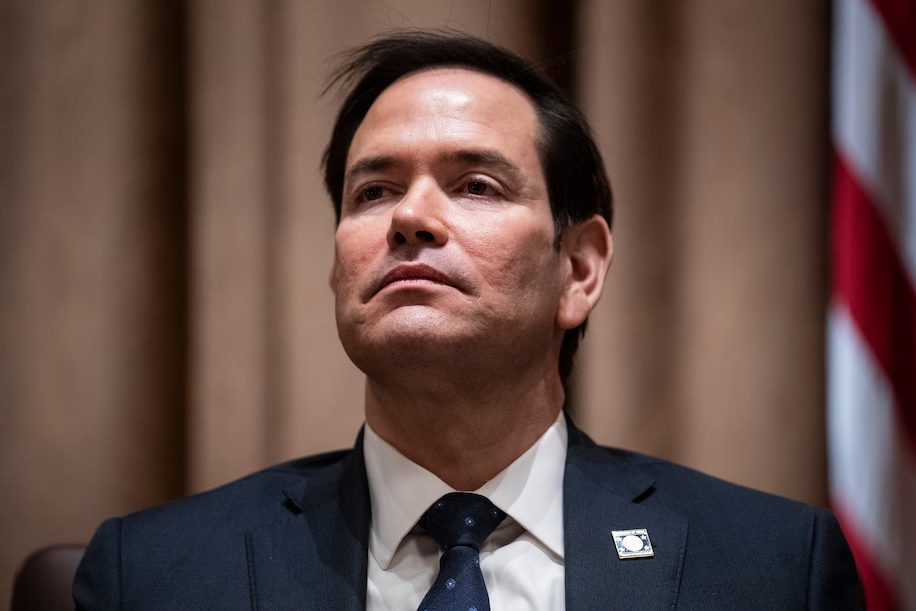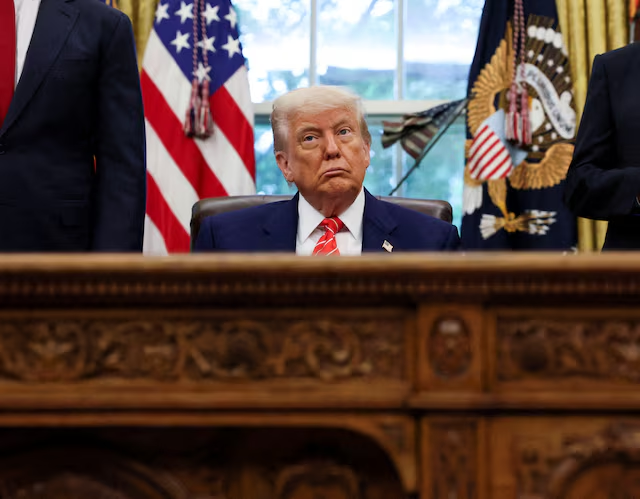Tens of thousands of demonstrators took to the streets across major European cities—including Paris, Berlin, and Stockholm—to protest what they described as Israel’s “genocidal war” and prolonged blockade on Gaza, as outrage mounts over escalating civilian casualties and destruction in the besieged Palestinian enclave.
Organized by a coalition of human rights groups, Palestinian solidarity movements, and left-wing political organizations, the protests were held on Saturday and Sunday, drawing large crowds in central urban areas. Protesters chanted “Free Palestine,” “Stop the genocide,” and called for an immediate end to Israeli military operations in Gaza, which have entered a deadly new phase in recent weeks.
In Paris, thousands gathered at Place de la République, waving Palestinian flags and holding banners that read, “Stop Israel’s war crimes” and “Boycott Israeli apartheid.” The protest proceeded peacefully under heavy police presence, although French authorities had previously banned several pro-Palestinian demonstrations in earlier months citing public order concerns.
Berlin saw one of the largest turnouts, with demonstrators marching from Alexanderplatz to the Brandenburg Gate. Organizers estimated attendance at over 20,000, calling it one of the biggest pro-Palestinian mobilizations in Germany in recent memory. Speakers condemned the German government’s unwavering support for Israel and urged a reassessment of Berlin’s foreign policy in light of growing human rights violations.
In Stockholm, thousands more joined rallies demanding their government take a firmer stance against Israel and impose sanctions. Sweden has historically supported Palestinian statehood but has remained cautious in its recent public statements amid broader EU divisions.
The wave of demonstrations comes amid rising international criticism of Israel’s military campaign in Gaza, which has left thousands of civilians dead, including many children. Hospitals, schools, and residential areas have been bombed, triggering warnings from humanitarian agencies of a looming catastrophe.
Protesters also condemned the ongoing blockade of Gaza, which has been in place for over 17 years and severely limits the movement of people, goods, medicine, and fuel. “This is not a war—it’s a massacre,” said a Swedish protester in Stockholm. “How many more children need to die before the world acts?”
In many cities, Jewish groups also joined the protests, emphasizing that criticism of Israel’s policies does not equate to antisemitism. “Not in our name,” read signs carried by members of Jewish Voice for Peace and other progressive Jewish organizations.
Israeli officials have dismissed such characterizations of the military campaign, insisting that operations are aimed at dismantling Hamas and defending Israeli citizens from rocket attacks. The Israeli embassy in Berlin condemned the protest, calling it “one-sided and inflammatory.”
International calls for a ceasefire have intensified, but diplomatic efforts remain stalled. The UN Security Council has failed to pass a unified resolution due to vetoes and disagreements among permanent members, while U.S. officials continue to affirm Israel’s right to self-defense despite growing domestic criticism.
Meanwhile, human rights organizations such as Amnesty International and Human Rights Watch have called for independent investigations into possible war crimes in Gaza. The International Criminal Court is also said to be reviewing evidence submitted by NGOs and legal experts regarding civilian targeting.
As the humanitarian toll in Gaza grows, so too does public outrage around the world. The protests in Europe over the weekend represent a swelling grassroots demand for accountability, an end to the violence, and renewed global commitment to the long-stalled path toward a just and lasting peace for Palestinians and Israelis alike.
Source: Press TV



